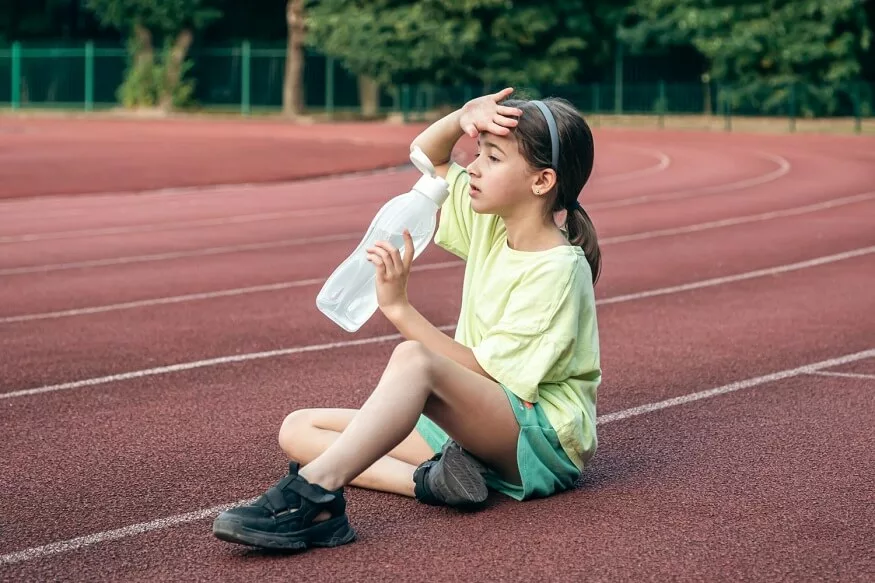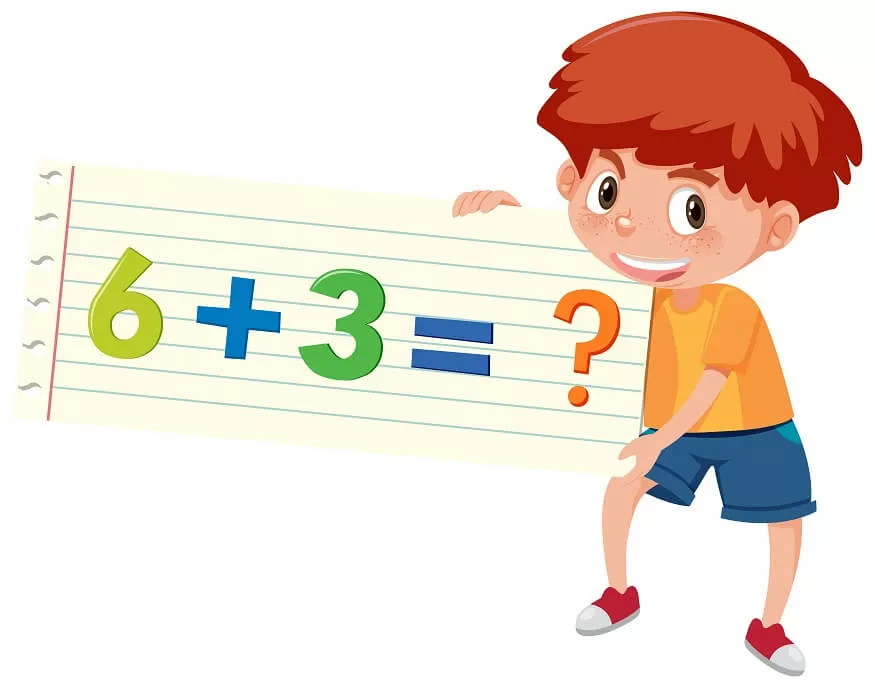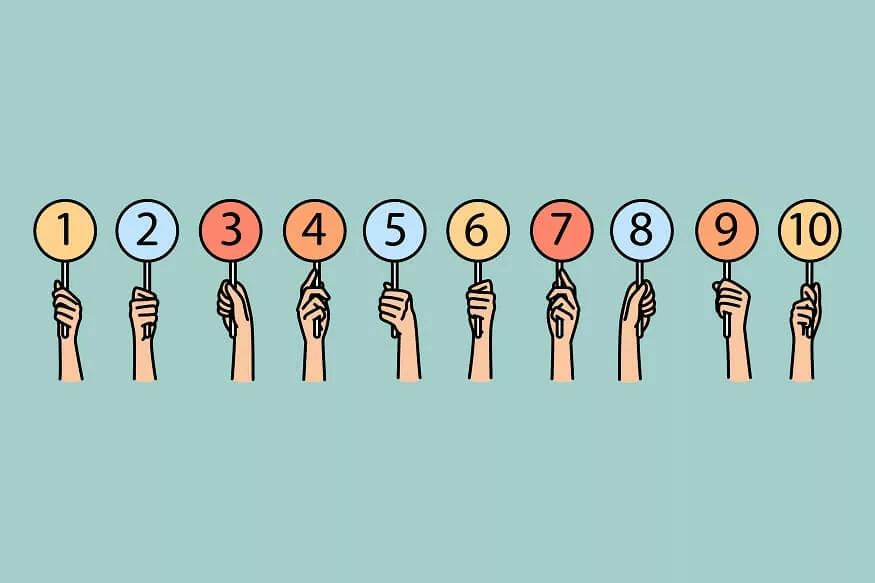Identifying dehydration in toddlers involves vigilance for subtle signs. Look for decreased urine output, dark yellow urine, or infrequent diaper changes. A dry mouth, cracked lips, or sunken fontanelles (soft spots on the head) may indicate dehydration. Watch for lethargy, increased irritability, or persistent crying without tears. Dry, cool skin and sunken eyes are visual cues, along with a delay in the skin’s elasticity when pinched. Constipation and a sunken appearance of the abdomen are additional indicators. If a toddler exhibits these signs and symptoms of dehydration.
A few common signs of dehydration in Toddlers are as follows:
- Decreased Urination: Infrequent diaper changes and decreased urine output may indicate dehydration.
- Dark Yellow Urine: Concentrated and dark yellow urine is a sign of insufficient fluid intake.
- Dry Mouth and Lips: Dry or sticky mouth, cracked lips, and a lack of saliva production.
- Sunken Fontanelles: Sunken soft spots on the head (fontanelles) may suggest dehydration.
- Lethargy and Irritability: Unusual tiredness, lack of energy, or increased irritability.
- Crying Without Tears: Limited or absent tears while crying can be one of the signs of dehydration.
- Dry, Cool Skin: Skin that feels dry, cool, or exhibits poor elasticity when pinched.
- Sunken Eyes: Eyes that appear sunken or have dark circles around them.
- Constipation: Difficulty passing stools or a decrease in bowel movements.
- Sunken Abdomen: The abdomen may appear sunken which can be one of the major signs of dehydration.
It’s crucial to address dehydration promptly in toddlers by offering fluids, seeking medical advice, and monitoring their overall well-being. Persistent or severe signs should prompt immediate medical attention.
Also Read: Top 10 Tips To Keep Your Children Healthy This Summer
Severe signs and symptoms of Dehydration:
Severe dehydration in toddlers can lead to serious complications. If you observe any of these dangerous symptoms, seek immediate medical attention:
- Sunken Eyes with No Tears: Profound sunken eyes and an absence of tears during crying indicate severe signs of dehydration.
- Extreme Lethargy or Unconsciousness: A toddler who is unusually lethargic, difficult to wake, or unconscious requires urgent medical intervention is also one of the signs and symptoms of dehydration.
- Rapid Breathing or Heart Rate: Abnormally fast breathing or an elevated heart rate can be signs of severe dehydration.
- Mottled or Cool Skin: Skin that appears mottled, cool to the touch, or exhibits poor elasticity is a concerning sign.
- No Wet Diapers for 6 Hours or More: Lack of wet diapers for an extended period, especially in younger toddlers, suggests severe dehydration.
- Confusion or Altered Mental Status: A toddler in need of emergency medical attention is confused, disoriented, or displaying altered mental status.
- Sunken Fontanelles (Soft Spots): Deeply sunken fontanelles may indicate severe dehydration and require urgent medical assessment.
- Significant Weight Loss: Rapid and noticeable weight loss can occur with severe dehydration.
Prompt medical attention is crucial to address severe dehydration in toddlers. Treatment may involve intravenous fluids to rapidly rehydrate the child and correct electrolyte imbalances. If you observe these dangerous symptoms, do not delay seeking professional medical care.
Dehydration Treatment
- Severe Dehydration Treatment: Severe dehydration in toddlers is a medical emergency, and immediate intervention is crucial. Here are some severe dehydration treatment steps in toddlers:
- Seek Emergency Medical Assistance: Take the child to the closest emergency room or contact emergency services if you suspect severe dehydration.
- Intravenous Fluids: Rehydrating a severely dehydrated kid with intramuscular fluids is the quickest and most efficient technique.
- Healthcare professionals will administer a saline solution directly into the child’s vein for severe dehydration treatment.
- Oral Rehydration Therapy (ORT): If the child is conscious and able to drink, healthcare providers may use oral rehydration solutions (ORS) to gradually rehydrate. These solutions contain a balance of electrolytes and fluids.
- Monitoring and Assessment: Healthcare professionals will closely monitor the toddler’s vital signs and symptoms of dehydration, electrolyte levels, and overall hydration status. Regular assessments ensure the appropriate adjustment of fluid replacement therapy.
- Addressing Underlying Causes: Identify and address the underlying cause of dehydration, such as vomiting, diarrhoea, or an illness. Treating the root cause helps prevent further fluid loss.
- Nutritional Support: Circumstances, to make sure the child becomes the essential nutrients they need, healthcare providers may gradually resume providing the child food that is appropriate for their age group.
- For individualized advice and treatment suggestions, always seek the advice of medical professionals.
- Best remedies for dehydration: Mild dehydration can often be addressed with simple remedies at home. However, for severe dehydration, seeking medical attention is crucial. Here are some effective and best remedies for dehydration:
- Oral Rehydration Solutions (ORS): Commercial ORS solutions, available at pharmacies, are specifically designed to restore electrolyte balance and fluid levels. These are particularly useful for dehydration caused by vomiting or diarrhea.
- Water Intake: Encourage sips of water throughout the day. Small, frequent sips are often better tolerated than large amounts at once.
- Clear Broths and Soups: Broths and soups can provide both fluids and electrolytes. Clear broths, such as chicken or vegetable broth, are good options.
- Electrolyte-Rich Foods: Introduce foods rich in electrolytes, such as bananas, watermelon, oranges, and coconut water. These can help replenish essential minerals.
- Avoid Caffeinated and Sugary Beverages: Caffeine and sugary drinks can contribute to dehydration. Limit or avoid beverages like coffee, tea, and soda.
- Ice Chips or Ice Pops: Especially for children, sucking on ice cubes or icy pops can be an enjoyable way to increase their fluid intake.
- Keep away from Dairy: Dairy products must be avoided till hydration has been reestablished as they may be harder to digest when dehydrated.
- Rest: Encourage rest, especially if dehydration is due to illness. The body needs energy to recover.
- Cool Compresses: Applying a cool compress to the forehead or back of the neck can help alleviate symptoms and provide comfort.
Also Read: Tips For Parents Whose Toddlers Show Reluctance To Sharing And Strategies To Encourage Cooperation
Home-Made Solutions for Dehydration:
- Aam Panna: Aam Panna, made from green mangoes, is not only refreshing but also provides electrolytes. It’s a common summer drink in many Indian households.
- Jeera Water: Cumin (jeera) water, boiled and strained, can be given to children as a digestive and hydrating drink.
- Banana: Rich in sodium and easily taken in, bananas are an excellent snack to help restore electrolytes.
- Tender Coconut Pudding: To make a nourishing and hydrating pudding, combine the tender flesh of the coconut with just a little of its water and an addition of honey. Always consult with a healthcare professional if dehydration is severe or persistent.
These home solutions are intended for mild cases and should be adapted based on the child’s age, preferences, and any pre-existing medical conditions.
Also Read: Best Summer Drinks for Kids
To teach kids about the importance of staying hydrated, EuroSchool uses a comprehensive and engaging approach. Teachers instill the value of staying hydrated through age-appropriate discussions, interactive activities, and visual aids. Understanding is improved by hands-on demonstrations such as creating homemade rehydration solutions or learning about hydrating foods.
Health education is seamlessly incorporated into the curriculum at EuroSchool, with a focus on the importance of drinking enough water and understanding the warning signs of dehydration. Through the provision of an experiential learning environment, EuroSchool guarantees that kids understand the fundamentals of hydration, empowering them to make wise decisions and take proactive steps for their health.
The information provided on this website is not a substitute for professional medical advice. EuroSchool encourages you to consult with a qualified healthcare professional for any health concerns you may have. The information on this website is not intended to diagnose, treat, cure, or prevent any disease.










